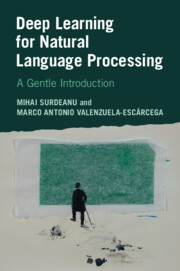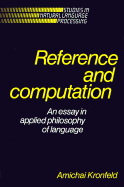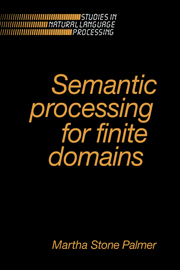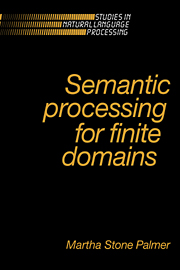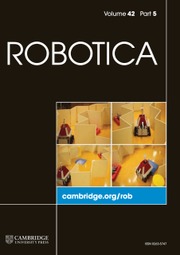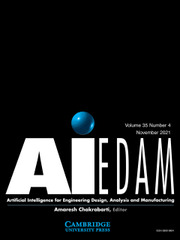Deep Learning for Natural Language Processing
Deep Learning is becoming increasingly important in a technology-dominated world. However, the building of computational models that accurately represent linguistic structures is complex, as it involves an in-depth knowledge of neural networks, and the understanding of advanced mathematical concepts such as calculus and statistics. This book makes these complexities accessible to those from a humanities and social sciences background, by providing a clear introduction to deep learning for natural language processing. It covers both theoretical and practical aspects, and assumes minimal knowledge of machine learning, explaining the theory behind natural language in an easy-to-read way. It includes pseudo code for the simpler algorithms discussed, and actual Python code for the more complicated architectures, using modern deep learning libraries such as PyTorch and Hugging Face. Providing the necessary theoretical foundation and practical tools, this book will enable readers to immediately begin building real-world, practical natural language processing systems.
- Explains the theory behind deep learning for NLP in a clear, easy-to-read way, making it accessible to readers with minimal background in the field
- Includes coding examples using modern deep learning libraries (PyTorch, Hugging Face) for all methods covered
- Provides an application-driven introduction to deep learning, focusing on real-world usage of technology
Reviews & endorsements
'A wonderful introduction to natural language processing, emphasizing the machine learning fundamentals. The authors perfectly interleave theory with chapters giving practical implementations using PyTorch, and make it all seem easy, with a warm tone and clear and well-structured explanations. This book is a delight!' Dan Jurafsky, Professor of Linguistics and Computer Science, Stanford University
'Recommended to all readers interested in this area, especially upper-level undergraduate and graduate students, researchers, faculty, and professionals.' C. Tappert, Choice
Product details
February 2024Paperback
9781009012652
344 pages
228 × 151 × 18 mm
0.5kg
Not yet published - available from February 2025
Table of Contents
- Preface
- 1. Introduction
- 2. The perception
- 3. Logistic regression
- 4. Implementing text classfication using perceptron and LR
- 5. Feed forward neural networks
- 6. Best practices in deep learning
- 7. Implementing text classification with feed forward networks
- 8. Distributional hypothesis and representation learning
- 9. Implementing text classification using word embedding
- 10. Recurrent neural networks
- 11. Implementing POS tagging using RNNs
- 12. Contexualized embeddings and transformer networks
- 13. Using transformers with the hugging face library
- 14. Encoder-decoder methods
- 15. Implementing encoder-decoder methods
- 16. Neural architecture for NLP applications
- Appendix A: Overview of the python language and the key libraries
- Appendix B: Character endcodings: ASCII and unicode.

